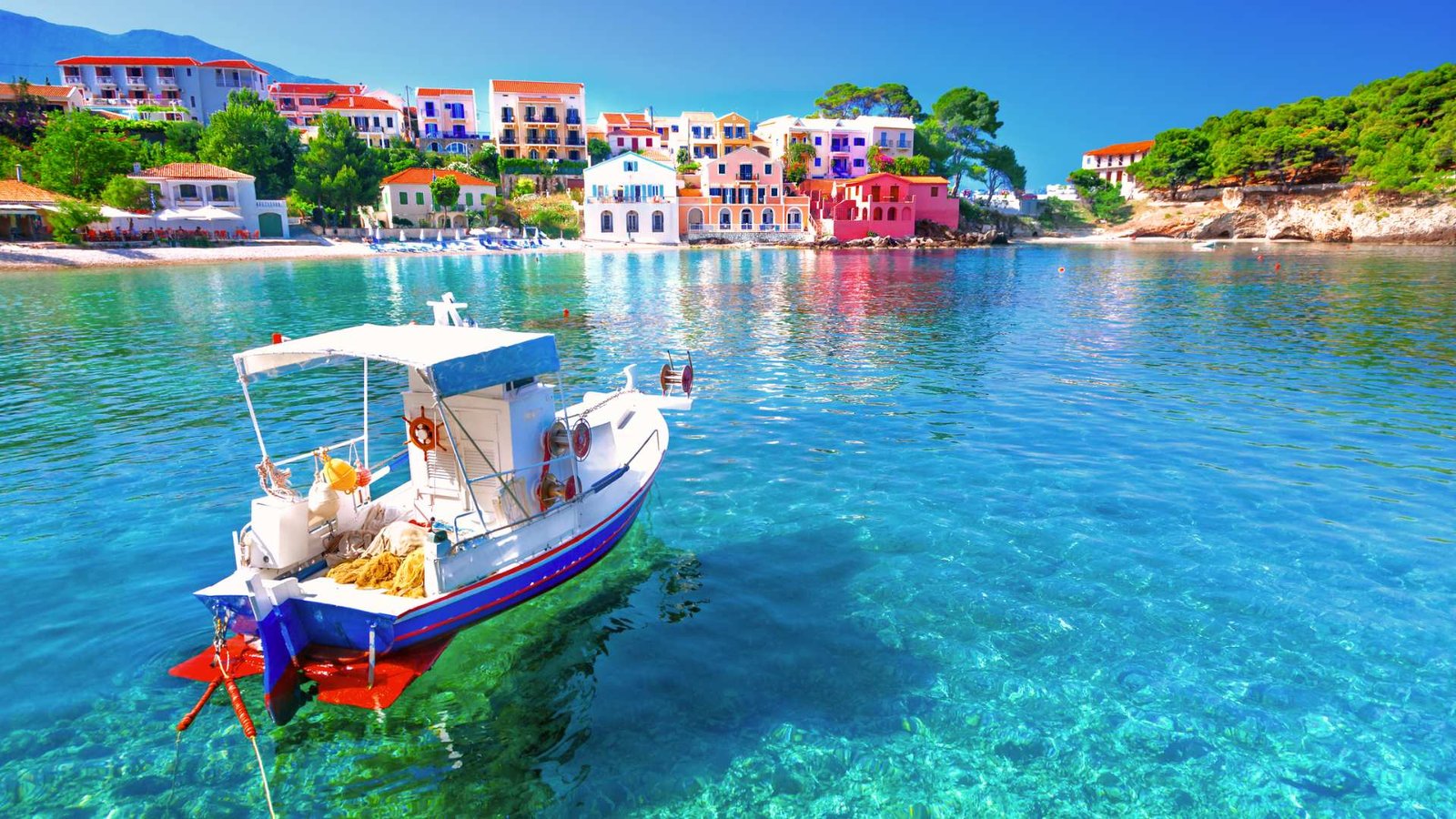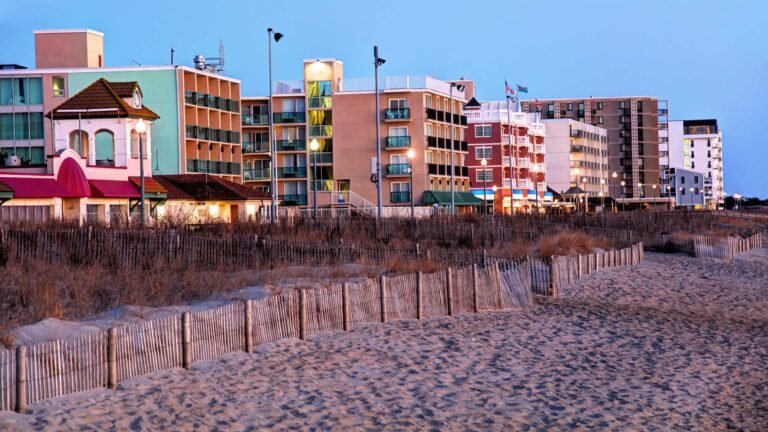What to Know When Traveling to Greece and Why
What to know when traveling to Greece depends on exactly where you are planning to go, but there are also some general rules that apply everywhere. Greece with its captivating history, stunning landscapes, and warm hospitality, this Mediterranean gem is a dream destination for many travelers.. To make the most of your trip, it’s essential to be well-prepared and informed about what to expect. This guide covers everything you need to know when traveling to Greece, from cultural etiquette and transportation to must-try foods and key attractions.
1. Understanding Greek Culture and Etiquette
Greek Hospitality (Philoxenia)
Greek hospitality, or “philoxenia,” is legendary. Greeks are known for their warmth and generosity towards guests. Embrace this by being polite, showing respect, and accepting invitations to social gatherings or meals.
Greetings and Social Norms
- Greetings: A firm handshake is common when meeting someone for the first time. Among friends, a kiss on both cheeks is customary.
- Dress Code: Dress modestly when visiting religious sites. For churches and monasteries, long pants or skirts and covered shoulders are required.
- Respecting Traditions: Be aware of local customs and religious practices, especially during holidays and festivals.
Language
While Greek is the official language, English is widely spoken in tourist areas. Learning a few basic Greek phrases, such as “hello” (yassou), “thank you” (efharisto), and “please” (parakaló), can enhance your experience and show respect for the local culture.
2. Practical Travel Information
Visa and Entry Requirements
Greece is part of the Schengen Area, so citizens of many countries, including the EU, the US, Canada, and Australia, can enter without a visa for stays up to 90 days. Check the specific requirements based on your nationality before traveling.
Currency and Payments
- Currency: The Euro (€) is the official currency.
- ATMs and Credit Cards: ATMs are widely available, and credit cards are accepted in most establishments. However, carry some cash, especially in smaller towns and villages where card payments may not be accepted.
- Tipping: Tipping is appreciated but not mandatory. Rounding up the bill or leaving a small amount (5-10%) is common in restaurants and for services.
Health and Safety
- Healthcare: Greece has a good healthcare system. EU citizens can use the European Health Insurance Card (EHIC) for public healthcare. Travel insurance is recommended for non-EU citizens.
- Safety: Greece is generally a safe country for tourists. Take standard precautions against pickpocketing, especially in crowded areas.
3. Transportation and Getting Around
Airports and Flights
Greece has several international airports, with Athens Eleftherios Venizelos International Airport being the main gateway. Other major airports include Thessaloniki, Heraklion (Crete), and Rhodes. Numerous domestic flights connect the islands and mainland.
Public Transportation
- Buses: KTEL buses provide extensive coverage across the mainland and some islands. They are a cost-effective way to travel between cities and towns.
- Trains: The train network is limited but offers scenic routes, particularly from Athens to Thessaloniki.
- Ferries: Ferries are a popular mode of transportation between the islands. Major ports include Piraeus (Athens), Rafina, and Thessaloniki. Booking in advance is recommended during peak season.
Car Rentals and Driving
- Car Rentals: Renting a car is a great way to explore at your own pace, especially on larger islands like Crete and the Peloponnese. Ensure you have an International Driving Permit (IDP) if required.
- Driving Tips: Drive on the right side of the road. Be cautious of narrow, winding roads in rural areas and always follow local traffic laws.
Taxis and Ride-Sharing
- Taxis: Taxis are widely available in cities and tourist areas. Ensure the meter is used or agree on a fare in advance for longer trips.
- Ride-Sharing: Services like Uber operate in Athens and other major cities.
4. Essential Destinations and Attractions
What to Know When Traveling To Greece about Where to Go
Athens
- Acropolis and Parthenon: A must-see for history enthusiasts, offering insight into ancient Greek civilization.
- Plaka: A charming neighborhood with shops, tavernas, and historic sites.
- National Archaeological Museum: Houses an extensive collection of artifacts from Greece’s past.
The Greek Islands
- Santorini: Famous for its stunning sunsets, white-washed buildings, and volcanic beaches.
- Mykonos: Known for its vibrant nightlife, beautiful beaches, and charming town.
- Crete: Offers a mix of ancient ruins, scenic landscapes, and vibrant cities like Chania and Heraklion.
Mainland Greece
- Delphi: An ancient sanctuary that was once considered the center of the world.
- Meteora: Home to monasteries perched atop towering rock formations.
- Peloponnese: Rich in history with sites like Mycenae, Epidaurus, and the medieval city of Nafplio.
5. Culinary Delights
Greek Cuisine
Greek cuisine is renowned for its fresh ingredients, bold flavors, and healthy dishes. Some must-try foods include:
- Moussaka: A layered dish with eggplant, minced meat, and béchamel sauce.
- Souvlaki: Skewered and grilled meat, often served with pita bread and tzatziki.
- Dolmades: Grape leaves stuffed with rice and herbs.
- Spanakopita: Spinach and feta cheese pie wrapped in phyllo dough.
- Baklava: A sweet pastry made of layers of phyllo, nuts, and honey syrup.
Dining Etiquette
- Meals: Lunch is the main meal of the day, typically eaten around 2 pm. Dinner is usually served late, often after 8 pm.
- Eating Out: Tavernas and ouzeries are traditional Greek eateries. Don’t be surprised if you receive a complimentary dessert or drink.
- Drinks: Try local wines, ouzo (an anise-flavored spirit), and raki (a strong grape-based spirit from Crete).
6. Festivals and Events
Religious Festivals
- Easter: The most significant religious celebration in Greece, featuring processions, feasts, and fireworks.
- Christmas: Celebrated with special church services, festive meals, and traditional carols.
Cultural Festivals
- Athens and Epidaurus Festival: A summer festival featuring theater performances, concerts, and cultural events.
- Thessaloniki International Film Festival: An important event in the film industry, attracting filmmakers and movie enthusiasts from around the world.
Local Celebrations
- Carnival (Apokries): A lively celebration with parades, costumes, and parties before the start of Lent.
- Panigiria: Local festivals held in honor of patron saints, featuring music, dancing, and feasting.
7. Nature and Outdoor Activities
Beaches and Islands
Greece is known for its beautiful beaches with crystal-clear waters. Some popular beaches include:
- Navagio Beach (Zakynthos): Famous for its shipwreck and stunning turquoise waters.
- Elafonissi Beach (Crete): Known for its pink sand and shallow lagoons.
- Myrtos Beach (Kefalonia): A picturesque beach surrounded by steep cliffs.
Hiking and Outdoor Adventures
- Mount Olympus: The highest mountain in Greece and home to ancient Greek gods, offering challenging hikes and breathtaking views.
- Samaria Gorge (Crete): A scenic 16-kilometer-long gorge with diverse flora and fauna.
- Vikos Gorge: One of the deepest gorges in the world, located in the Epirus region.
Water Sports
- Windsurfing and Kitesurfing: Popular in spots like Naxos, Paros, and Lefkada.
- Scuba Diving and Snorkeling: Explore underwater caves, shipwrecks, and vibrant marine life in the Aegean and Ionian seas.
8. Shopping and Souvenirs
Traditional Souvenirs
- Olive Oil: Greece produces some of the finest olive oil in the world.
- Honey: Greek honey is known for its unique flavors, particularly thyme honey from Crete.
- Jewelry: Look for handmade gold and silver pieces, often inspired by ancient Greek designs.
- Ceramics: Traditional pottery and ceramics make beautiful and practical souvenirs.
Local Markets
- Monastiraki Flea Market (Athens): A bustling market offering everything from antiques to souvenirs.
- Varvakios Market (Athens): A lively food market where you can buy fresh produce, meats, and spices.
9. Tips for a Smooth Trip
Best Time to Visit
- Summer (June to August): Peak tourist season with warm weather, ideal for beach vacations. However, it can be crowded and expensive.
- Spring (April to June) and Autumn (September to October): Mild weather, fewer crowds, and lower prices, making it an excellent time for sightseeing and outdoor activities.
- Winter (November to March): Fewer tourists and lower prices, but some islands and tourist sites may be less accessible.
Packing Essentials
- Clothing: Light, breathable clothing for summer; layers and a light jacket for spring and autumn; warmer clothes for winter.
- Footwear: Comfortable walking shoes for sightseeing and hiking.
- Accessories: Sunglasses, a hat, and sunscreen for protection against the sun.
- Travel Documents: Passport, travel insurance, and any required visas or permits.
Travel Apps and Resources
- Google Maps: For navigation and finding nearby attractions.
- Duolingo: To learn basic Greek phrases.
- XE Currency: For currency conversion.
- Rome2rio: For planning routes and transportation.
what to know when traveling to Greece In A Glance
Traveling to Greece is a journey into a land of ancient myths, stunning landscapes, and vibrant culture. By understanding the local customs, preparing for practicalities, and knowing what to see and do, you’ll ensure a smooth and unforgettable experience. Whether you’re exploring ancient ruins in Athens, lounging on the beaches of Mykonos, hiking the trails of Crete, or savoring delicious Greek cuisine, Greece promises a trip filled with wonder and delight. Embrace the adventure and let the magic of Greece captivate your heart.







